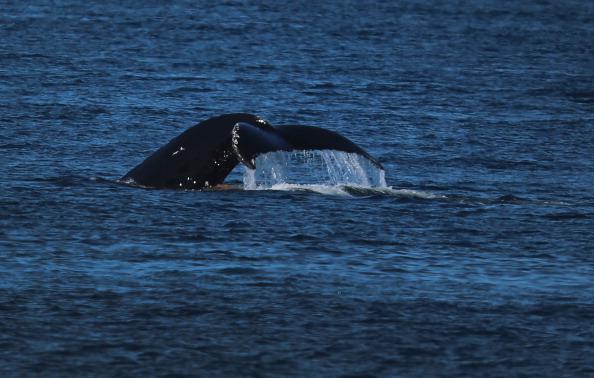Sonar mapping killed whales off the waters of Madagascar, says a new study. The sonar mapping that killed the whales was designed to look for oil.
Sonar mapping sends out loud sounds underwater to map the ocean for potential oil reserves, reported AFP. But the technology, operated by energy giant ExxonMobil, killed 100 melon headed whales off Madagascar in 2008.
“This is the first known such marine mammal mass stranding event closely associated with relatively high frequency mapping sonar systems,” said the report released by the International Whaling Commission, according to the news agency.
The Commission suggested that whales may have been killed in similar sonar mapping events in the past.
“Earlier such events may have been undetected because detailed inquiries were not conducted,” it said.
The group noted that dozens of melon headed whales became stranded in the Loza Lagoon system in northwest Madagascar in May and June 2008.
“This typically open ocean cetacean species had never previously nor since been reported in this shallow tidal estuarine system, nor in any other in Madagascar,” said the study.
According to LiveScience, recent research into sonar shows that it can mask the calls of whales and dolphins. Naval exercises using sonar have been connected to a stranding of around 60 dolphins in England in 2008.
“Implications go well beyond the hydrocarbon industry, as these sonar systems are widely used aboard military and research vessels for generating more precise bathymetry (underwater mapping),” Howard Rosenbaum, who heads the Ocean Giants program for the Wildlife Conservation Society, told LiveScience.
ExxonMobil took issue with the study’s findings.
“ExxonMobil believes the panel’s finding about the multi-beam echo sounder is unjustified due to the lack of certainty of information and observations recorded during the response efforts in 2008,” company spokesman Patrick McGinn told AFP.





